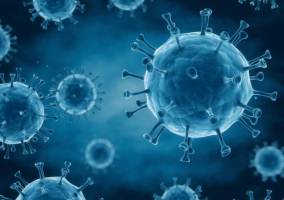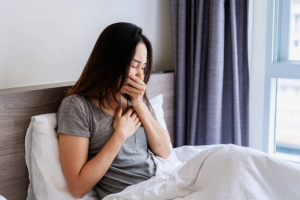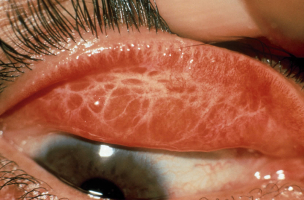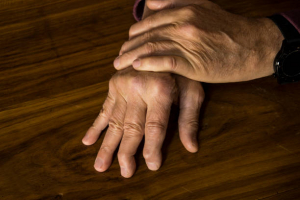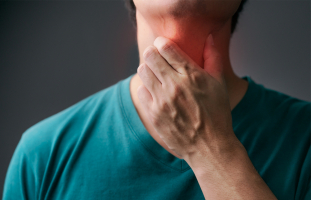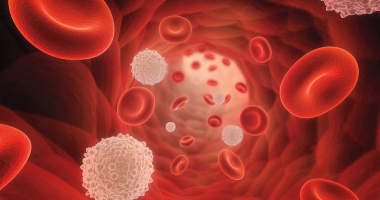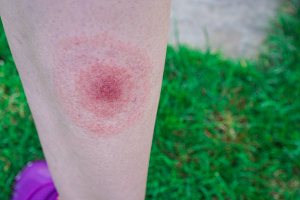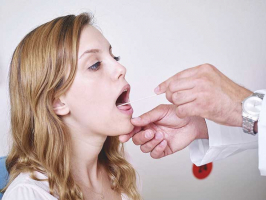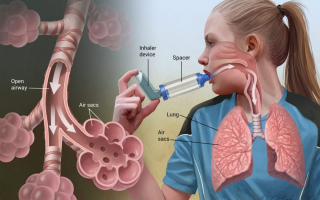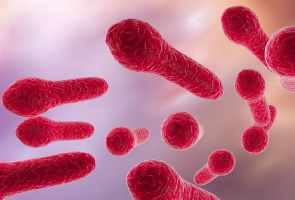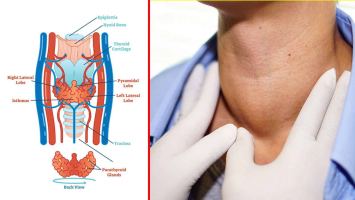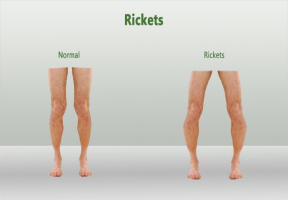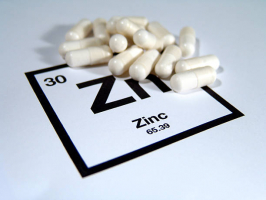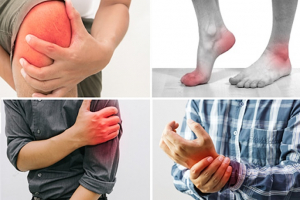Top 10 Symptoms of Being Sick (And Why They're Actually Good)
Nobody enjoys getting sick, and in the Covid era, this is more true than ever. You have to question whether you have a cold or something worse as soon as you ... read more...have a cough and fever. And even if it's not a fatal or debilitating sickness, if you're sick with anything, you'll have to deal with unpleasant symptoms, even if they only last a few days. When that occurs, try to find some solace in the knowledge that, despite how dreadful you may feel, each of those symptoms is serving a purpose and making an effort to assist you. Here are Symptoms of Being Sick (And Why They're Actually Good).
-
Although the term "sickness behavior" may sound ambiguous, it actually kind of has to be. It's a catch-all phrase for that difficult-to-explain sensation that you get when you're sick. Everything we've already discussed is involved, as is how you respond to it when it actually occurs. You feel sluggish, unclean, worn out, and exhausted. Whichever illness you have, how you choose to handle it depends on wholly on you, refraining from moving or doing anything else. Stop infecting others, stop overworking yourself, and just concentrate on getting better.
Your sickness behavior and the array of dreadful symptoms you experience while you're unwell are caused by cytokines and other proteins. And while we've discussed some of the roles of some of the particular objects, the overall sense of awfulness appears to exist as a means of separation and preservation. To restrain oneself from getting up and doing anything else makes you feel terrible, essentially a form of self-quarantine. Stop infecting others, stop overworking yourself, and just concentrate on getting better.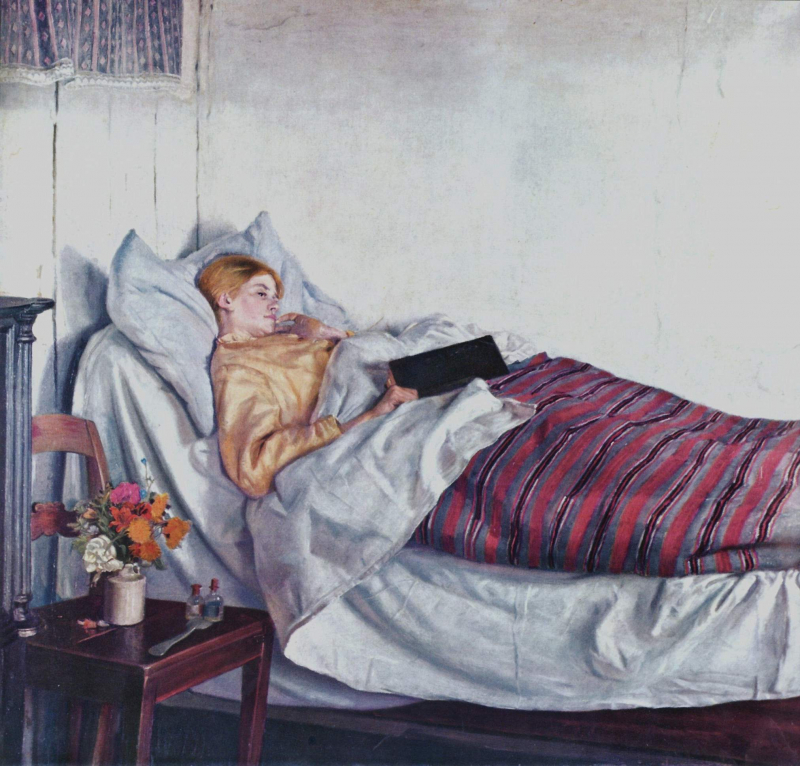
https://www.google.com/ 
https://www.google.com/ -
When we are ill, many of us have to spend the day in bed. Even in the hospital, you are placed in a bed. It is arguably the most often given medication in the world for almost all conditions. So it makes perfect sense that getting sick frequently makes you sleepy.
Even if we don't fully comprehend the mechanisms underlying all that occurs while you're out at night, sleep is essential for survival. However, we do know that it gives your body the time it needs to repair any damage. Since you're not wasting time on waking activities when you're sick, sleeping is especially advantageous. Your body could be using the energy it uses to digest, think, and move when you are awake instead. Simply put, when you're asleep, your mending process is more effective.
According to research, specific nerve cells in worms emit neuropeptides when they are sick. These neuropeptides calm the worms' nervous system and induce sleep, so they can recover. It has been hypothesized that humans also go through a process like this.
https://www.google.com/ 
https://www.google.com/ -
One of the most unpleasant compounds produced by the human body is likely pus. It is thick and occasionally has a terrible scent. Additionally, it's a great sign of a severe infection. However, it's your body's reaction to an infection, not the sickness itself. As uncomfortable as it may be, you would probably be in a lot of pain if you couldn't create pus.
Pus accumulates around an infection when you have one. White blood cells are the only ones trying to get rid of the virus. When the illness is more severe than your immune system can handle, issues develop. For instance, white blood cells can't really eliminate a foreign body, which causes an infection to spread.
Similarly, as tissue dies and the infection spreads farther than your immune system can handle it, an abscess may only get worse. However, keep in mind that if you couldn't create pus, your body wouldn't have a first line of defense against infection, and even a minor skin infection might potentially turn fatal.
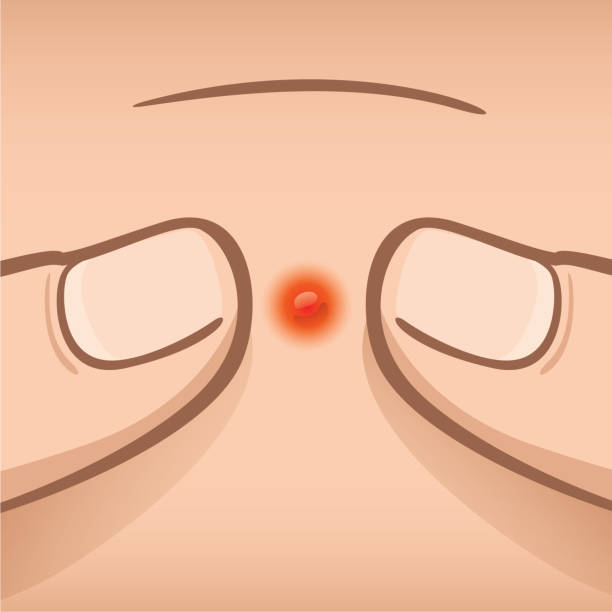
https://www.google.com/ 
https://www.google.com/ -
When you're sick, you frequently lose the urge to do practically anything. Even essential biological functions like eating might be put on hold, even if you're not in the mood to physically move around and accomplish stuff. Appetite loss is a very common sign of many diseases.
Again, blame the cytokines for this one, since your body uses the suppression of appetite as a way to concentrate on healing. As much as 15% of the energy your body uses each day is consumed during digestion. When you don't eat, your body can use that energy to help you fight the illness you're dealing with.
The other reason is that it's quite obvious you don't need or want to be putting extra food inside of yourself at that time if you're vomiting because you have a stomach infection and are feeling under the weather. Therefore, until you are able to eat, your body is postponing the want to do so.
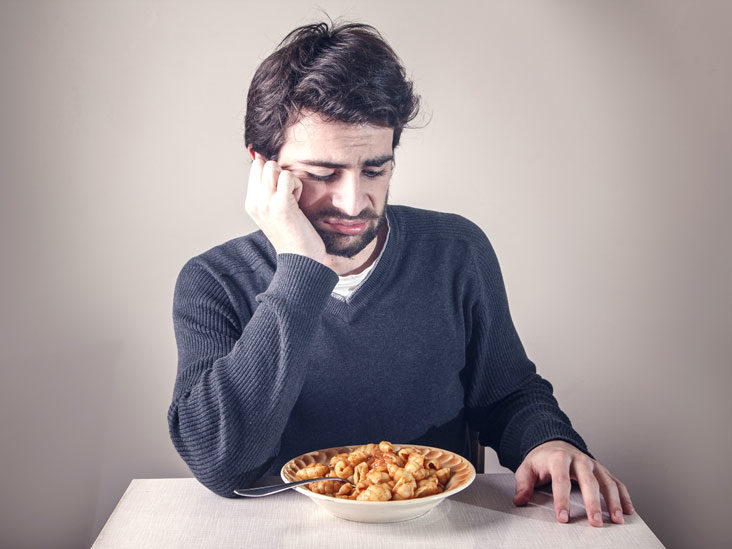
https://www.google.com/ 
https://www.google.com/ -
What then frequently coexists with a cough, a fever, and too much mucus? An aching throat. Though it's not usually the main cause of a sore throat, something like a persistent cough might aggravate one and make it feel worse. Inflammation is something we really just brought up in relation to coughs.
Inflammation is comparable to a small-scale fever. When you're unwell, the areas of your body that become inflamed turn red, swell, and warm up. In the area where inflammation has developed, your body is attempting to fend off something. Although a lot of people believe that their illnesses are to blame for their inflammation, your body is actually trying to treat your ailments.
White blood cells are produced in response to the inflammation, and they travel to the area of infection to fight it off. White blood cells and antibodies press against nerve terminals as they go to the swelling site. Together, these two factors give you the sensation that your throat is thick, bloated, and painful. Despite how uncomfortable it may be, it's an indication that your body is responding as it should to the sickness.
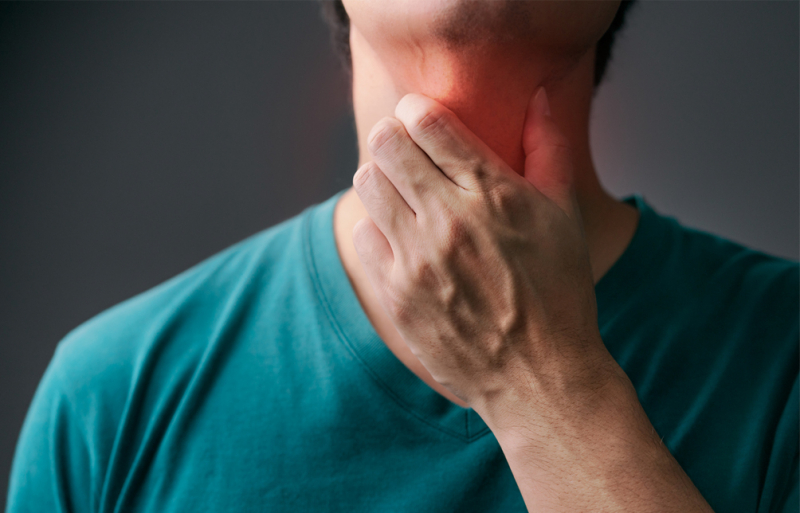
https://www.google.com/ 
https://www.google.com/ -
One of the first and most obvious symptoms of a wide range of illnesses that trouble us, especially in the winter, is the terrible cough. The cough is more prevalent during the cold and flu season. Coughing is a reflex action your body performs when it detects anything it doesn't want inside of it, similar to vomiting. It's a little less fussy about how it works than vomiting.
Basically, coughing will be brought on by anything that irritates your breathing. Because of this, getting a cold can make you cough, but so can smoking or accidentally putting pepper in your nose. Your body is attempting to expel something that it senses isn't supposed to be there by releasing a burst of air that can actually drive objects 50 miles per hour forth. Similar functions are essentially carried out by sneezing.
As we just saw, a common side effect of many illnesses is the formation of mucus; therefore, in certain circumstances, coughing is a complimentary action that aids in clearing your airways to ensure that you can continue to breathe. On the other hand, as a defense against infection or viruses, certain proteins in our immune system can lead to inflammation in our airways and throats. Since your airway is inflamed, a cough is a side effect of this. In some situations, the cough itself might not be getting rid of anything. However, in general, a cough and sneeze both function to clear infections from your airways.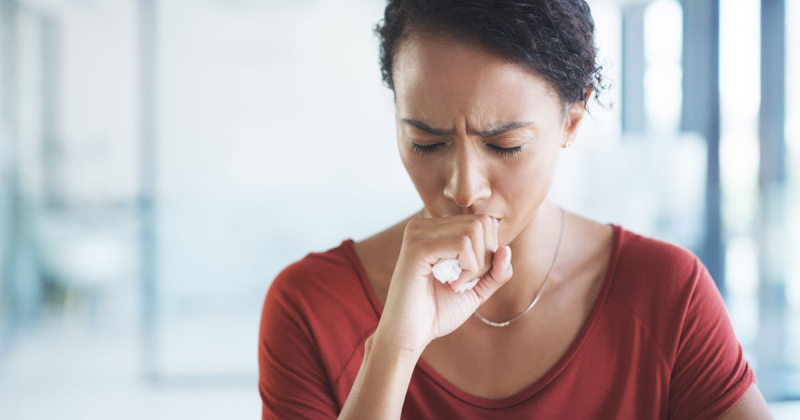
https://www.google.com/ 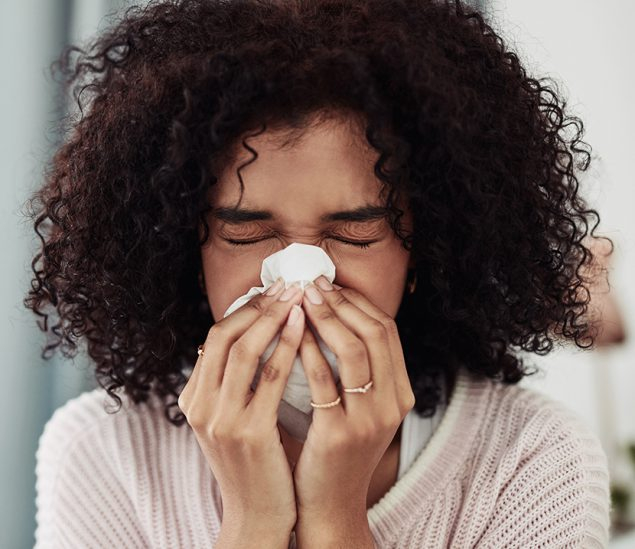
https://www.google.com/ -
Everything in your body tries to eliminate the illness's source when you're unwell, but it can usually only do it in a disgusting way. Your body needs to produce more mucus when you have a runny nose in the hopes that whatever infectious organism is inside of you will become stuck and leak out.
The pathogen causing your illness was able to bypass the body's natural filter, the mucus lining, when you had something like a cold. In response, your body produces cytokines, which are proteins that can travel between cells and transmit signals all over your body. They instruct your immune system to produce more mucus in this instance.
Extra mucus is utilized to drain out any impurities or pathogens that may have contaminated the mucus lining and clean it. In essence, it's like your body is attempting to power wash itself from the inside. You would be more likely to either get ill or stay sicker without this extra mucus production.
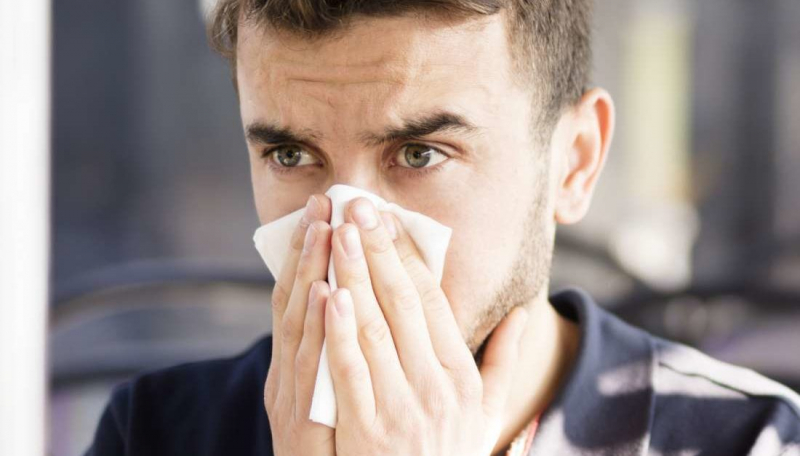
https://www.google.com/ 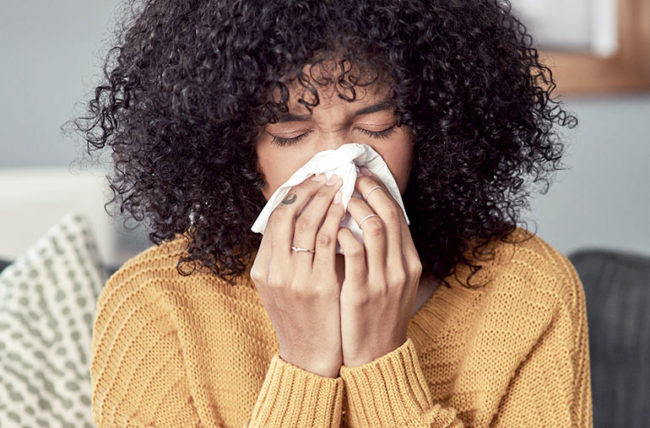
https://www.google.com/ -
Most individuals do not think about the way a fever operates within the body. You get sick, and occasionally you get a fever. Many of us are aware, on a deeper level, that this rise in body temperature represents your body's attempt to fend against an infection. Yet how?
Numerous ailments, including infections, viruses, and more, can cause fevers. Your body is manufacturing more white blood cells in response to anything it recognizes as unfavorable. The hypothalamus, which typically maintains your body's equilibrium, is stimulated by these white blood cells. The temperature is one of the things it keeps constant. Simply said, it raises your internal thermostat, causing you to become hotter than usual.
Your blood moves from the exterior of your body to the inside as blood vessels constrict. As you shudder, your body warms up and generates more heat. In a host body, most bacteria and viruses operate at a constant temperature. They have a limited tolerance for variety. In an effort to eliminate as much of the invasive infection as possible and restore your health, your immune system makes you warm up. Of course, the issue is that a temperature that rises too high might provide a threat on its own.
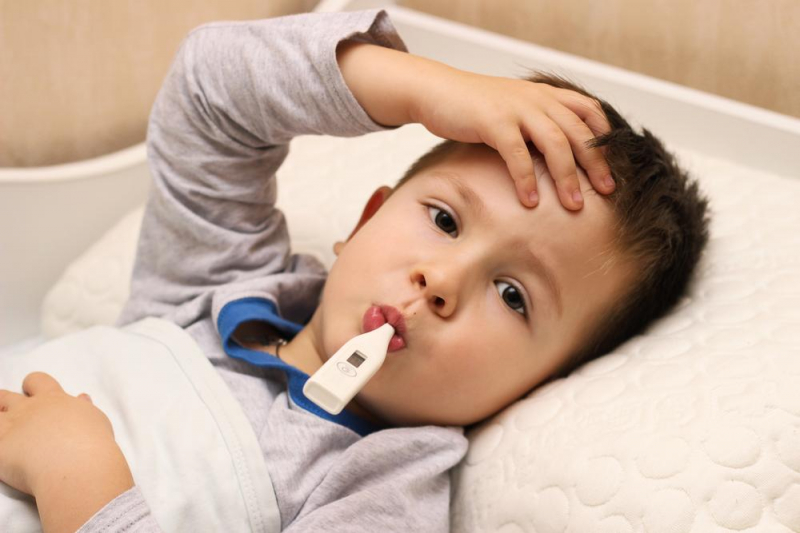
https://www.google.com/ 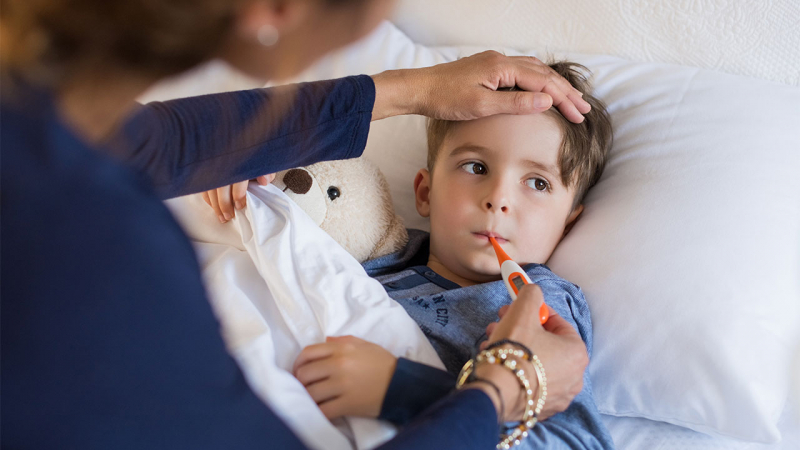
https://www.google.com/ -
You'll find yourself vacillating between temperature extremes when you have multiple ailments. You may feel cold one moment and hot the next. And while a fever has its own function, which we'll discuss in a moment, what function does feeling chilly and shivering serve?
Shivering is essentially stage one of a two stage process that occurs when you are ill and chilly. Fever is frequently brought on by the second portion, but they must go together. In order to fight against illness, your body wants to heat up, but it can't just do that. Shivering is used to create heat since you must find a way to do it.
Your muscles start rapidly contracting and relaxing. The physical action causes heat. When your body temperature rises high enough, the shaking stops, and a fever develops.
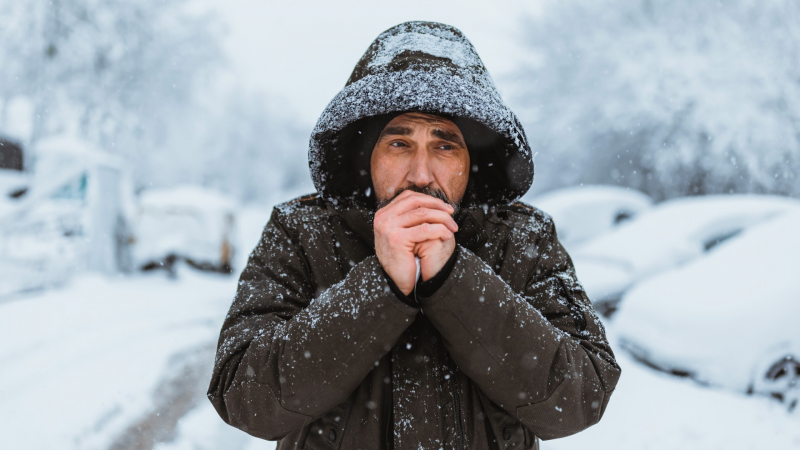
https://www.google.com/ 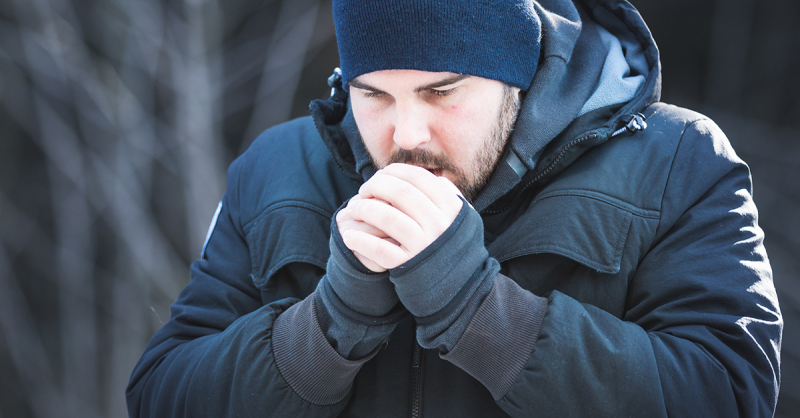
https://www.google.com/ -
Emetophobia, the medical word for the dread of vomiting, affects an unexpectedly large number of people. Although it's uncommon in a severe version. 8.8% of people nationwide say they have at least a minor fear of throwing up. It's also not difficult to comprehend, given that throwing up is not particularly enjoyable. So why does it even need to happen?
Well, it seems obvious from a very fundamental perspective that you vomit because something inside of you needs to come out right away. And that's precisely what is taking place. Your digestive system has been stimulated to warn you that you may have swallowed something harmful. Something that is extremely irritating and that your body no longer needs to be around.
There are also mechanical causes of vomiting, such as illnesses that affect your stomach's muscles and nerves or even stress, but that is a different problem. Vomiting, a sign of an underlying virus or infection, is your body's attempt to hasten your recovery by ejecting the illness as quickly as possible.
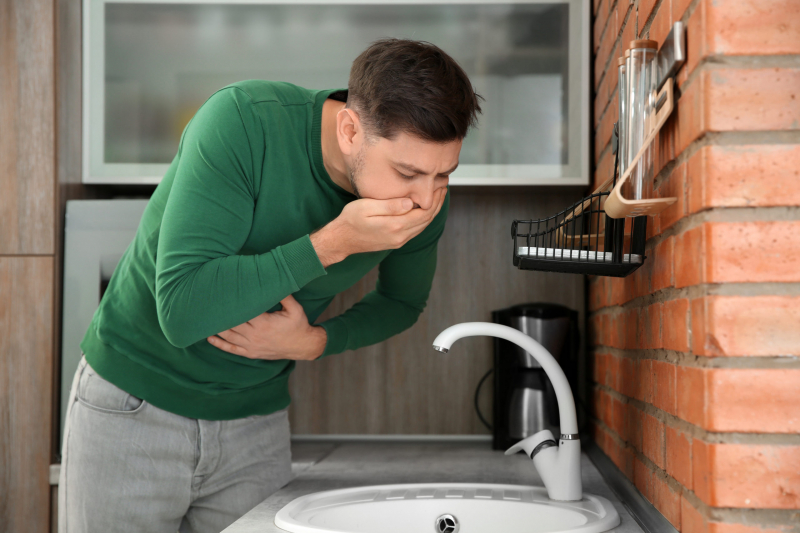
https://www.google.com/ 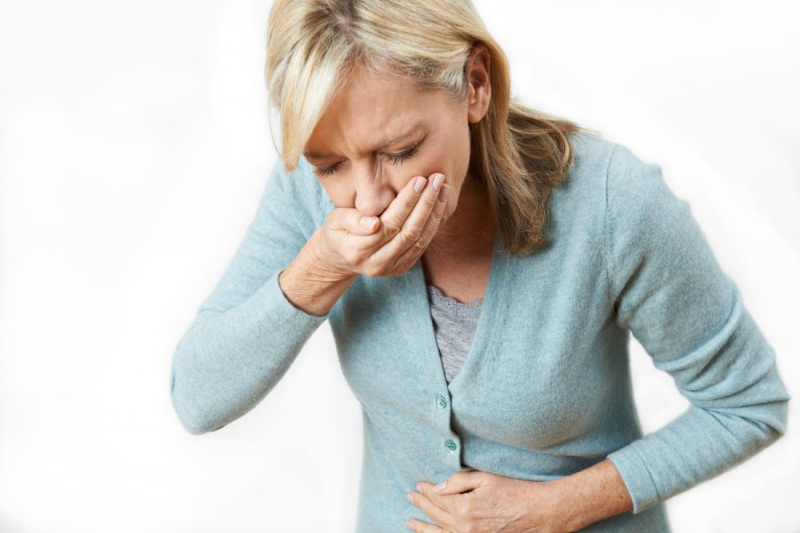
https://www.google.com/












